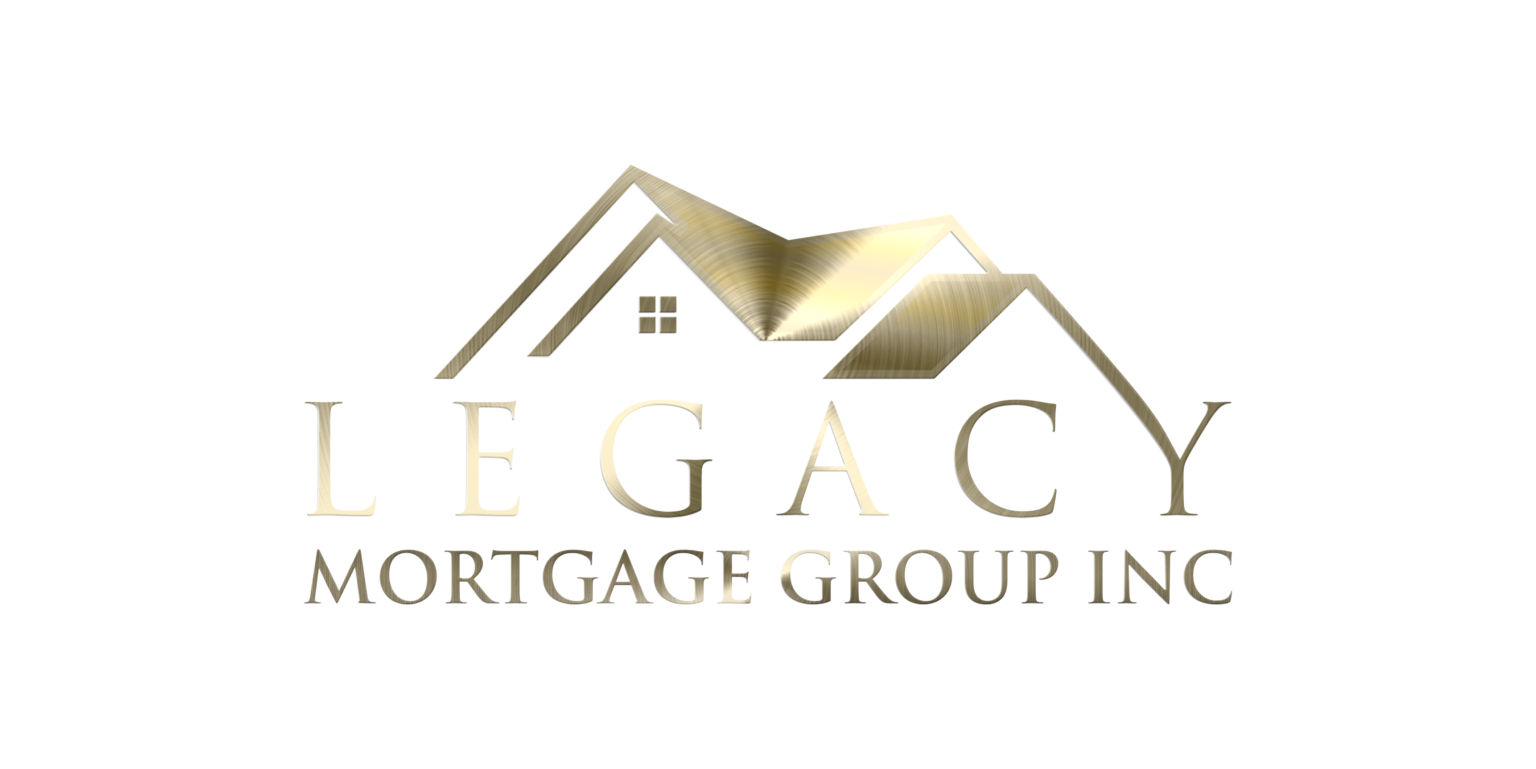What is a Debt Service Coverage Ratio (DSCR) Loan?
Are you a real estate investor looking for a more flexible way to secure a home loan? A Debt Service Coverage Ratio (DSCR) loan might just be the solution you’ve been waiting for. This non-QM (Non-Qualified Mortgage) loan type allows you to qualify for a mortgage without relying on your personal income. Instead, DSCR loans are based on the cash flow of your rental properties, making them an excellent option for those looking to expand their real estate portfolio.
Curious how this works? Let’s dive in and explore everything you need to know about DSCR loans.
How Does a DSCR Loan Work?
Traditional loans often require proof of income, such as pay stubs or tax returns, to determine your eligibility. But with a DSCR loan, that’s not the case. Instead of focusing on your personal income, lenders assess the rental income generated by the property you want to purchase.
The key metric used by lenders is the DSCR ratio, which is the relationship between your rental property’s income and its debt obligations. In simple terms, it helps lenders determine whether the income from your rental property will be enough to cover the loan’s monthly payments.
The DSCR ratio is calculated as follows:
DSCR = Monthly Rental Income / (PITIA)
Where PITIA stands for Principal, Interest, Taxes, Insurance, and Association Dues.
Who is a DSCR Loan For?
DSCR loans are specifically designed for real estate investors—whether you’re just starting or have a large portfolio of properties.
Key benefits for real estate investors:
- Flexibility: You can secure loans for multiple properties without relying on your personal income.
- Scalability: There’s no cap on the number of DSCR loans you can have.
- Profitability: Ideal for those looking to leverage rental income to buy more investment properties.
If you own properties that generate steady rental income, a DSCR loan can help you grow your real estate business without the hassle of traditional mortgage qualifications.
Property Eligibility:
Lenders will also consider the type of property you’re purchasing. For instance:
- Multi-unit Properties: Loans are available for multi-family homes, not just single-family units.
- Loan-to-Value (LTV) Ratio: Most lenders prefer a LTV ratio of 80% or lower.
Additional Considerations:
Your property must generate enough income to cover the debt service (mortgage payments). Lenders will assess your rental income and ensure it aligns with the required ratio before approving the loan.
Pros and Cons of DSCR Loans
As with any loan, it’s essential to understand the advantages and potential drawbacks of DSCR loans. Let’s take a look:
Pros:
- No Personal Income Verification: You don’t need to provide pay stubs or tax returns.
- Less Documentation: DSCR loans require fewer documents compared to traditional loans.
- Faster Approval: Streamlined processes mean quicker loan approval.
- Multiple Loans: There’s no limit on how many DSCR loans you can have.
- Customizable Terms: Flexible loan terms to fit your financial situation.
- Ideal for Investors: Especially beneficial for investors purchasing multiple income-generating properties.
Cons:
- Higher Down Payments: Expect to put down at least 20%.
- Credit Score Requirements: Some lenders may require higher credit scores.
- Property Restrictions: Loans are only available for income-generating properties.
- Prepayment Penalties: Some DSCR loans may come with prepayment penalties.
- Vacancy Risks: Your rental income depends on having tenants. Vacancies can impact your ability to meet mortgage obligations.
How to Get a DSCR Loan
Ready to explore a DSCR loan? The first step is to find the right mortgage partner who understands your unique needs as an investor. Working with an experienced loan officer who can guide you through the process is key to ensuring you get the best terms available.
Steps to Apply:
- Assess your property’s income to determine its DSCR ratio.
- Review your financial documents and check if you meet the lender’s requirements.
- Choose a lender who specializes in DSCR loans and can offer competitive rates.
- Submit your application and begin the approval process.
Ready to Get Started?
To learn more about Debt Service Coverage Ratio (DSCR) loans or to see if you qualify, contact Steven Batista at Legacy Mortgage Group Inc., your experienced loan officer today. Steven can help you navigate the process and answer any questions you may have.
If you’re ready to take the first step toward homeownership, complete a loan application by clicking Apply Now.
